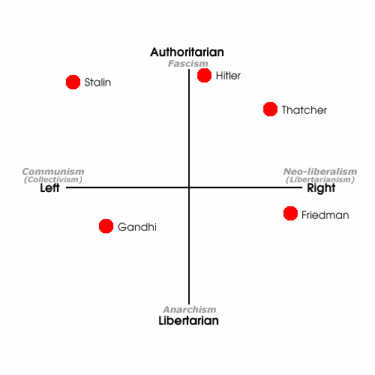Many European countries, mainly those that formed part of the Third Reich, have laws prohibiting expressions of support for Nazis and denying that the holocaust took place. These laws often include a ban on Nazi symbols and uniforms. There was a recent attempt by the German government to get this ban passed into EU law.
As a student of history such laws alarm me because if you are to have such a law it must cover historians if it is not to have an elephant sized loophole in it. Nazi memorabilia, books and the like are important historical sources. Even Nazi sympathisers have their value. The historian Ian Kershaw, the author of the definitive biography of Hitler, first became interested in the Nazi period after he encountered a former SS officer while studying in Germany and wanted to be able to explain his anti-Semitic rants. If we do not make use of all the sources at our disposal, our understanding of Nazism will be poorer and as a consequence we will be less able to learn the lessons of that dreadful period. And you know what they say about people who do not learn from history.
I am sympathetic to the idea that such a law would protect the feelings of
those who suffered at the hands of the Nazis. What they must feel when they see some twerp condoning or trivialising what happened to them is unimaginable but banning things because they cause offence is a dangerous game to get into. A lot of things cause offence to a lot of people. If we can only say things that don’t offend people then we will end up living in silence.
The effectiveness of these laws in combating the far right is dubious. They are as likely to create neo-nazi martyrs as they are to prevent people from being corrupted by propaganda. Austria, the country that locked up David Irving for holocaust denial was also the first country in Europe is also the country where Jorg Haider’s Freedom party got into government. Jean Marie Le Penn was convicted of holocaust denial but still got into the run off of the French presidential election. If we are to beat these fascists then we need to fight them at the ballot box and in debating chamber rather than in the courts.
If free speech is to mean anything then it cannot just apply to views we agree with. Upholding the rights of people like David Irving, Nick griffin and their fellow pond life is not a pleasant thing to do but it is something that needs to be done. Defending freedom of speech is worth doing because it gives you the right to say just what you think of Nazis.




















